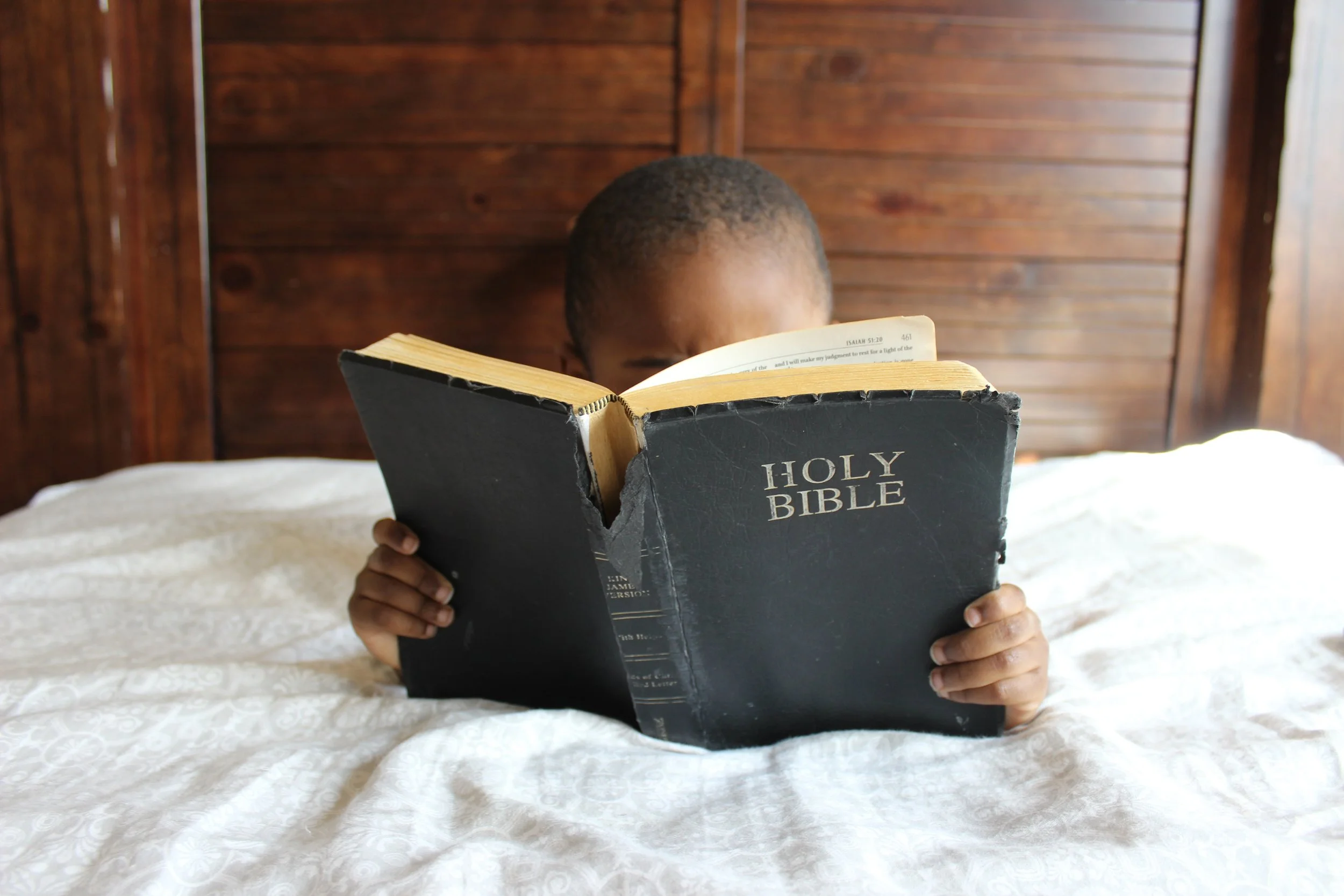I want to declare an inconvenient truth. Very inconvenient, in fact.
No, I am not wading into the climate change debate.
But Al Gore posed an interesting question when he titled his movie this way. Why I find it interesting is that (in my educated guess) neither Al Gore nor many of the people who watched his movie actually believe that truth even exists, at least in an absolute sense.
What people really believe is summed up in Oprah Winfrey’s recent speech: “Speaking your truth is the most powerful weapon you have.” She borrowed a phrase heavily used in today’s culture.
In the school of ministry I am currently leading in the USA, and in my “big book of doctrine” titled Landmarks, which has just come off the press, I start not with the doctrine of God, but with the issue of truth. And in particular, the truth of the Bible.




